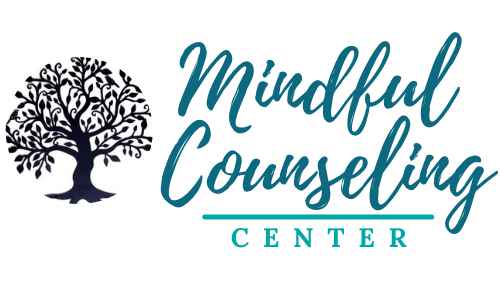Become a Better Communicator

Communicating effectively means being able to listen to others and express yourself to them, whether they are your partner, your colleagues, your parents, your kids, your customers, your friends or extended family or anyone else (adapted from Effective Communication: 6 Ways to Improve Communication Skills – MasterClass). Likely, we all have had some degree of success in communicating with other people. In such circumstances, you are able to translate your intentions and feelings into understandable messages (adapted from Master Class). You listened to what others had to say and they felt listened to by you. Most of us have also had occasions where our efforts at communicating with others has been a total bust. Miscommunication and misunderstanding seem to permeate these conversations, often leaving involved parties feeling frustrated, unheard and disconnected.
What can you do to have more satisfying communications with others? While you can’t control what another person says or how they act in an interaction with you, you can consider your current communication patterns and how to improve them.
These three communication skills in particular can make or break an interaction (adapted in part from Master Class):
- Actively listening: If you’re focused solely on how you are expressing yourself, chances are you are not listening or responding to what others are saying. When actively listening, you purposefully pay close attention to what’s being said by others and make them feel heard. It is different from the more passive, often automatic act of listening to what you are hearing (music playing, a washer running, a teacher lecturing, etc.).
- Conveying empathy: Think about a time when you shared with someone your feelings regarding a particularly difficult time in your life. If that person heard what you were saying and conveyed their understanding of your feelings without judging you, bet it felt pretty great. Conversely, if they totally missed the point of what you were saying, it probably felt like a disconnect. Empathizing means understanding and relating to someone else’s feelings. Demonstrating an ability to empathize builds rapport and heightens your ability to effectively communicate and connect with others.
- Being cognizant of nonverbal cues: Being aware of your own body language and tone of voice will improve your communications skills. Observing nonverbal cues of others can aid you in gaining an understanding of what they are feeling. However, be careful not to assume what other’s nonverbal cues mean. For example, there are many reasons why someone might not look directly at you during a conversation. You can mentally make note of such an observation without acting on an assumption about the reason for the lack of eye contact.
To start building these skills, focus on these two tasks:
- Aim for respectful, compassionate connection in all your interactions with others, so that involved parties can express themselves, be heard and understood. Trust that building a relationship with the people you are communicating with is more important than having your say or being right. (Adapted from 10 Tips for Effective Communication, Liz Kingsnorth (dailygood.org)
- Practice active listening. Generally, active listening is a pattern of listening that keeps listeners engaged with speakers in a positive way. It includes listening attentively while someone else speaks; reflecting back what is said by the speaker, withholding judgment and advice; and working to make the person they are listening to feel heard and valued. (From Practice Active Listening: Learn How to Listen Attentively (verywellmind.com)
When you get in the habit of intentionally connecting with the people you are communicating with and actively listening to them, you are naturally more likely to convey empathy. People tend to feel more positive in their interactions with others when they communicated to in an empathic manner.
For an active listening exercise you can do with a partner or friend, go to Active Listening | Practice | Greater Good in Action (berkeley.edu).
If you would like assistance in overcoming communications challenges you are facing in your relationships or heightening your communication skills more generally, please reach out to the Mindful Counseling Center at 609-377-5859.
Article by Kristin Littel
Related Blogs: Active Listening Techniques, Staying Connected in Your Relationship
